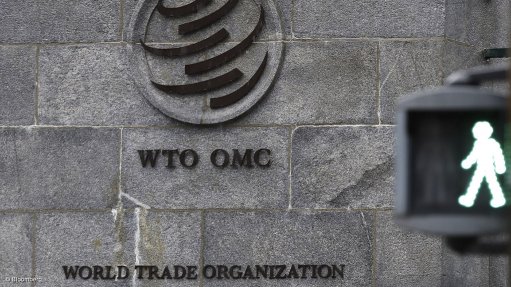Mazda invests R150m as it splits from Ford in SA

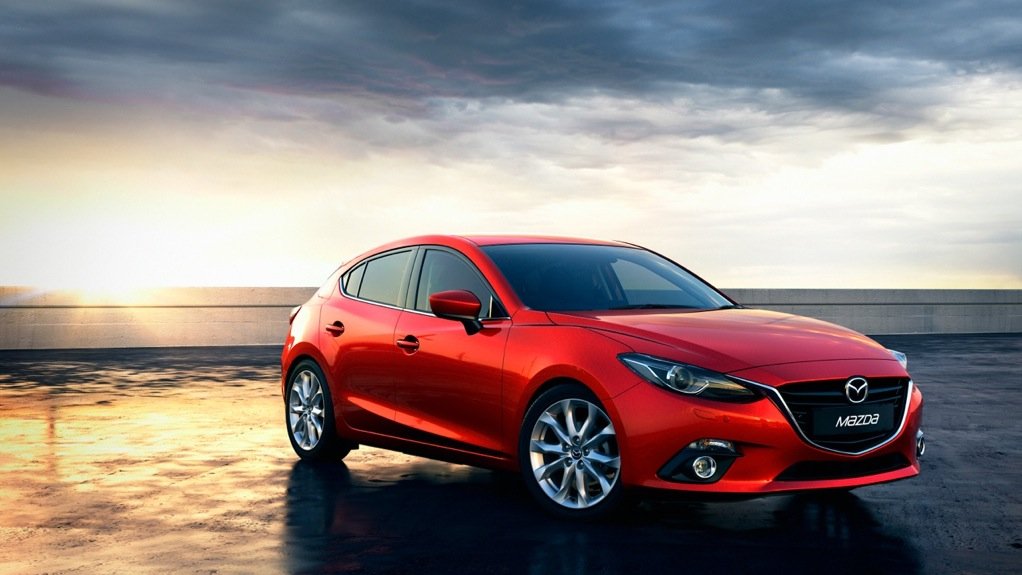
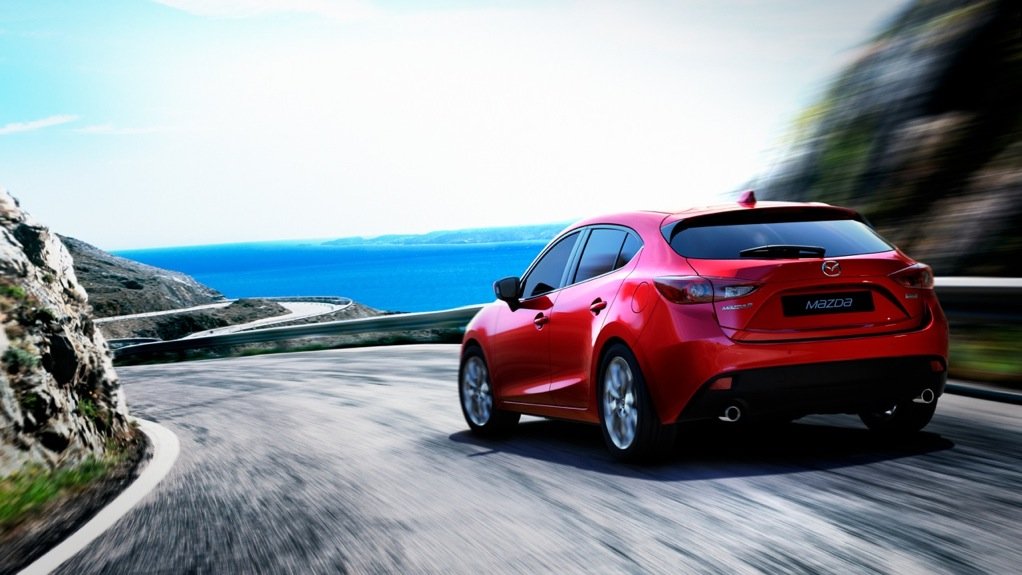
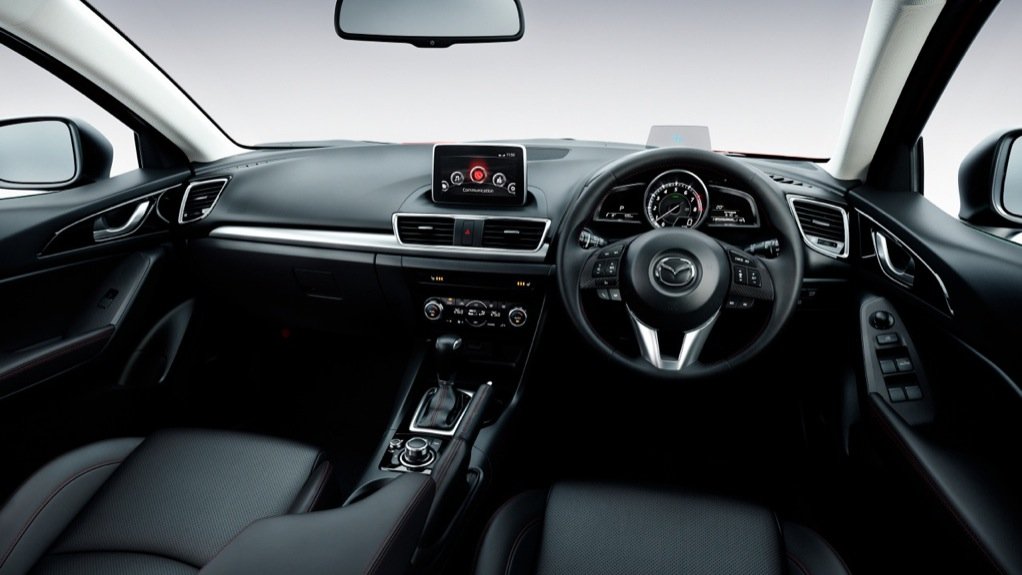
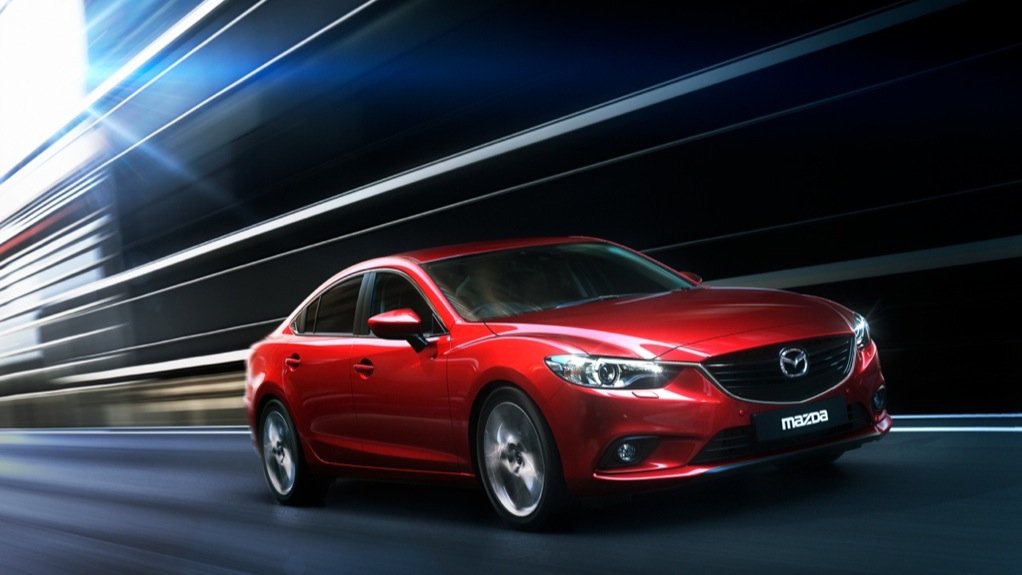
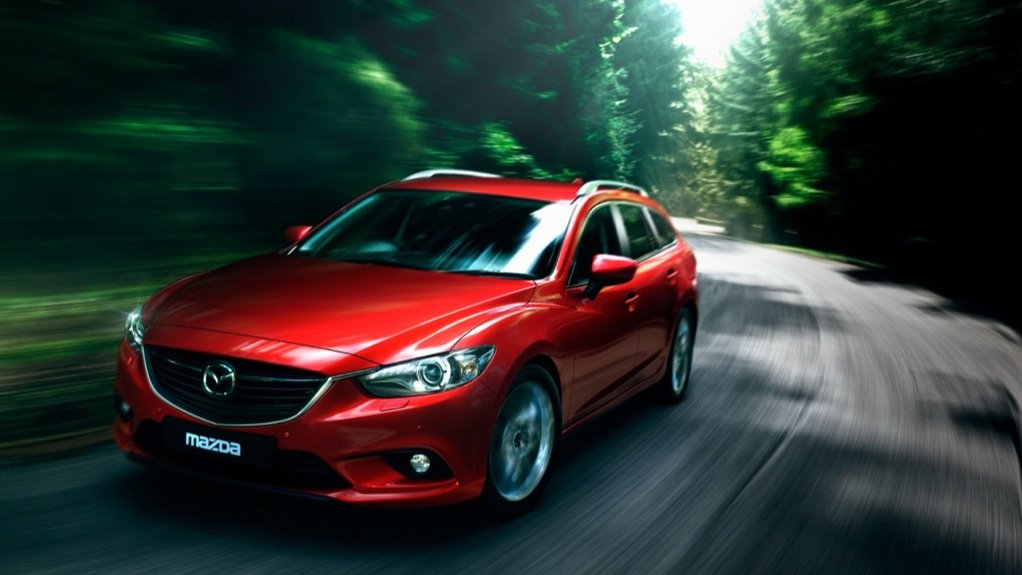
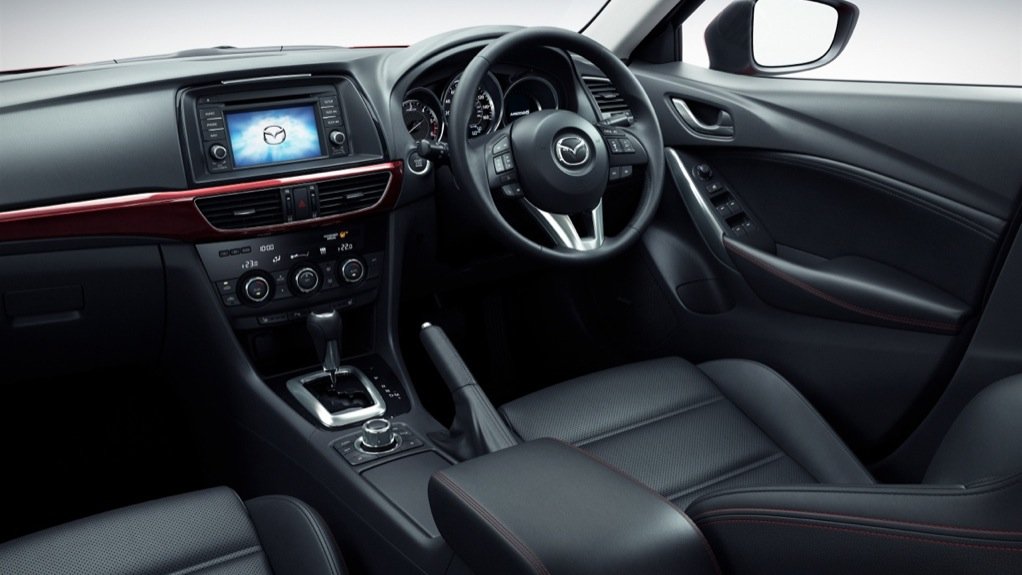
The new Mazda3
The new Mazda3
The new Mazda3
The new Mazda6
The new Mazda6
The new Mazda6
Japanese car maker Mazda is investing R150-million in the domestic market as the brand separates from Ford in South Africa.
As from October 1, Mazda will no longer be distributed through Ford, but through Mazda Southern Africa (MSA).
This comes as Ford in 2013 announced that it would return the Southern African distribution rights to the Mazda Motor Corporation.
MSA in May moved into its new head office in Midrand, says MD David Hughes.
The development houses an 8 800 m2 parts distribution centre, and 4 000 m2 in office and training space.
Despite the divorce, Ford Motor Company of Southern Africa will still assemble the BT-50 pickup at its Silverton plant, says Hughes. However, this will not necessarily be the case for the next-generation bakkie.
South Africa could, however, be considered as a future Mazda assembly destination.
“If you get your [stuff] together, and make it more pleasant to invest here, if you sell yourselves better, you can be a major player in the global market. Who wants to take your place? Mexico. India.”
A big focus over the next few months for MSA, a wholly-owned subsidiary of Mazda in Japan, will be “to change the way South Africans feel about Mazda”, adds Hughes.
“Our brand health is very poor. We are not on the radar anymore. People don’t hate Mazda, but they don’t love us either.”
Hughes says this is the result of a lack of new products, as well as marketing and advertising, as Mazda worked out the details of its split from Ford.
The current seven-year old and younger Mazda car parc totals around 35 000 units in South Africa, he adds.
The effort to rejuvenate the brand that brought the popular 323 to the market years ago, will see MSA spent R80-million on marketing and advertising over the next six months.
Much of this will also focus on the new Mazda3 and Mazda6, launched this week, along with a strengthened CX-5 range.
The new Mazda2 is set for introduction in the first quarter of next year, with a compact sports-utility vehicle also on its way.
Mazda sold 6 574 units in 2013 in South Africa, and should reach around 8 170 units in 2014, says Hughes.
In 2008, however, sales reached 18 120 units.
Hughes believes Mazda can again reach 18 000 units in 2017, especially on the back of a number of new products set to launch over the next six months.
He emphasises that Mazda is profitable on a global basis.
AIMING FOR PREMIUM
Mazda’s positioning within the local market will be to “become the brand of choice for private buyers, and those business buyers that behave like private buyers”, explains Hughes.
MSA has three goals: volume, profitability and customer satisfaction.
The company will also avoid large-scale fleet and rental business, as this may drag resale values down.
Globally, the Mazda brand aims to transfer its business from “conventional price-driven, value-driven business”, such as Toyota, towards a brand that is a legitimate alternative to established premium brands, such as Audi.
“We already do this in Australia,” says Hughes. He adds that Mazda is aware that such a brand repositioning will not happen overnight.
He adds that Mazda cars will be sold in South Africa, as from October 1, with a three-year/unlimited kilometre warranty and service plan, with the BT-50 to be sold with a four-year/120 000 km warranty and three-year/90 000 km service plan.
The BT-50 will also be repositioned towards the lifestyle market, with hope of consistently selling 300 units a month.
The BT-50 was in the way for Ford’s dealers, says Hughes.
“The BT-50 deserves better than a one to ten sales ratio [to the Ranger].”
Mazda vehicles will be sold through 50 dealers in South Africa, Namibia, Lesotho and Botswana.
Pricing for the new Mazda3 starts at R232 900, and R342 000 for the Mazda6. The new updated CX-5 starts at R316 600.
Comments
Press Office
Announcements
What's On
Subscribe to improve your user experience...
Option 1 (equivalent of R125 a month):
Receive a weekly copy of Creamer Media's Engineering News & Mining Weekly magazine
(print copy for those in South Africa and e-magazine for those outside of South Africa)
Receive daily email newsletters
Access to full search results
Access archive of magazine back copies
Access to Projects in Progress
Access to ONE Research Report of your choice in PDF format
Option 2 (equivalent of R375 a month):
All benefits from Option 1
PLUS
Access to Creamer Media's Research Channel Africa for ALL Research Reports, in PDF format, on various industrial and mining sectors
including Electricity; Water; Energy Transition; Hydrogen; Roads, Rail and Ports; Coal; Gold; Platinum; Battery Metals; etc.
Already a subscriber?
Forgotten your password?
Receive weekly copy of Creamer Media's Engineering News & Mining Weekly magazine (print copy for those in South Africa and e-magazine for those outside of South Africa)
➕
Recieve daily email newsletters
➕
Access to full search results
➕
Access archive of magazine back copies
➕
Access to Projects in Progress
➕
Access to ONE Research Report of your choice in PDF format
RESEARCH CHANNEL AFRICA
R4500 (equivalent of R375 a month)
SUBSCRIBEAll benefits from Option 1
➕
Access to Creamer Media's Research Channel Africa for ALL Research Reports on various industrial and mining sectors, in PDF format, including on:
Electricity
➕
Water
➕
Energy Transition
➕
Hydrogen
➕
Roads, Rail and Ports
➕
Coal
➕
Gold
➕
Platinum
➕
Battery Metals
➕
etc.
Receive all benefits from Option 1 or Option 2 delivered to numerous people at your company
➕
Multiple User names and Passwords for simultaneous log-ins
➕
Intranet integration access to all in your organisation
















